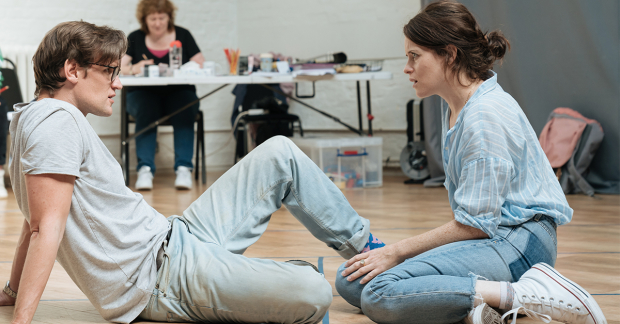Streaming Shakespeare – why Netflix and theatre make for a royal partnership
What kind of impact could the streaming giant have on theatre in the future?

© Manuel Harlan
The project has succeeded in attracting A-list actors and two names sure to create a buzz are Timothée Chalamet and Robert Pattinson. The former had a breakout year in 2017; given the level of success achieved with films Ladybird and Call Me By Your Name, it is little surprise that his boyish looks and acting ability have drawn comparisons with a young Leonardo DiCaprio. Pattinson of course has been a household name ever since he assumed the role of Hogwarts heart-throb Cedric Diggory in the Harry Potter films and later as Edward Cullen in the Twilight saga. Whilst in his early career he appeared destined to be typecast in mainstream Hollywood roles, recent parts have challenged this perception. If his excellent performance in 2018's High Life is anything to go by, there can be no questioning his talent.
Casting two young, attractive and trendy actors will surely have a huge effect upon the audience demographic the film attracts, particularly in terms of age – the hope is that the production will showcase Shakespeare to an unfamiliar audience. It remains to be seen to what extent the film follows original plotlines – even the phrase ‘based on Shakespeare' sounds fairly tenuous. Whilst some might perceive this as a struggle between entertainment and staying true to the story, in reality, altering classical texts for the screen is hardly novel. Ultimately, if the film has a knock-on effect in terms of enthusing people about watching Shakespeare and theatre in a live setting, then it is hard to see major drawbacks.
Interestingly, what will have a larger impact upon eventual viewing figures is not the fact this is "sexy Shakespeare" on screen, but Netflix's involvement. After a limited cinema run beginning 11 October, the film will be streamed worldwide on 1 November. The company has only just begun to remove the veil of secrecy regarding viewing figures for their material but if statistics in their recent quarterly earnings letter are anything to go by, it is safe to assume The King will have innumerably more viewers with a Netflix release as opposed to a traditional cinematic one.
Streaming sites already command a considerable share of TV time and the way this is playing into theatre programming is an interesting one. Using the upcoming production of Lungs at the Old Vic as an example, much of the revival's hype stems from the tantalising prospect of watching Claire Foy and Matt Smith together in the flesh rather than in an episode of The Crown on a laptop screen. Casting the two of them together in Lungs, whilst being wildly different in nature to The Crown, is an obvious nod to their previous successes as a couple.
Vitally for the Old Vic, the scarcity of available seats remaining indicates excitement has been reflected in ticket sales and equally if Lungs is a success, audience members could be swayed into watching The Crown. It is exciting to ponder the range of possibilities that a mutually advantageous relationship between the theatre and modern television streaming giants could bring about, and hopefully these two examples are just the beginning.



















